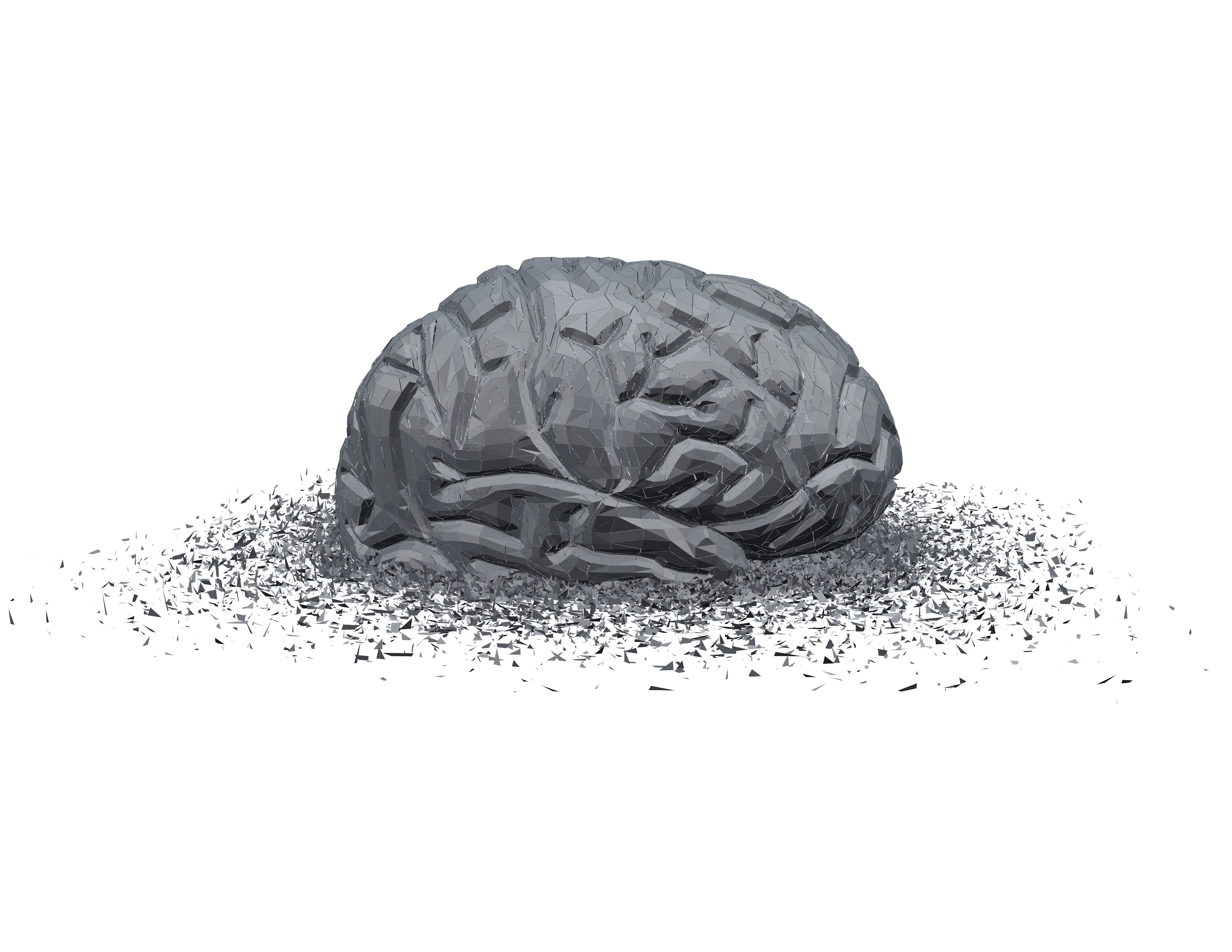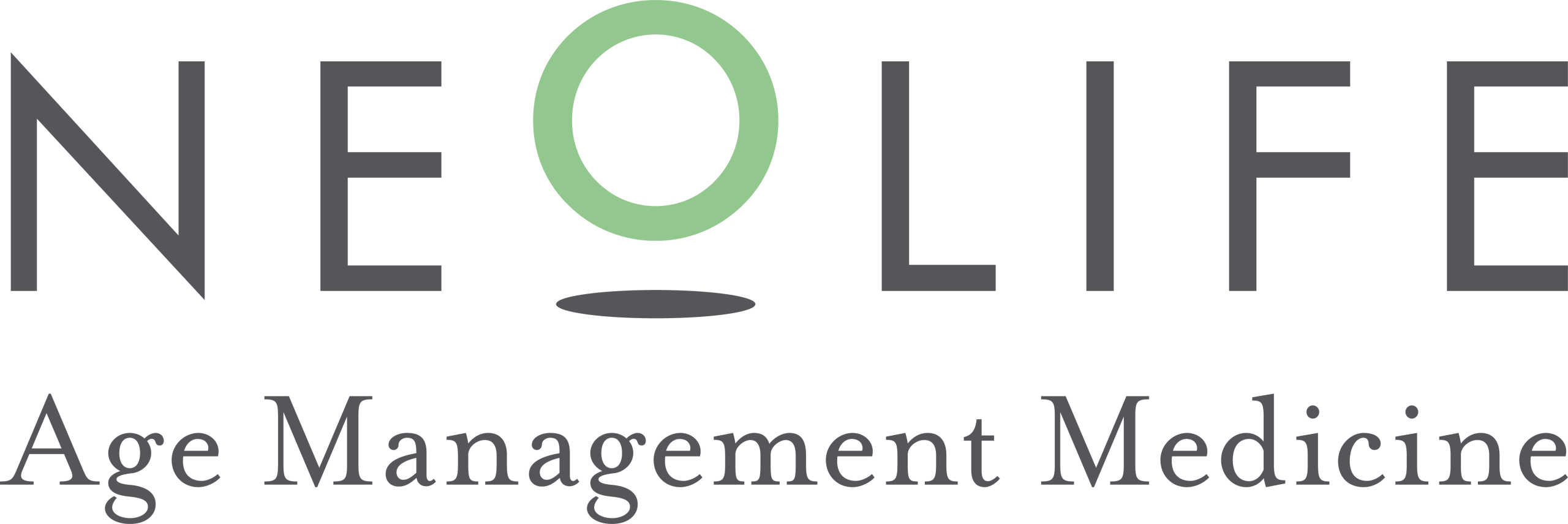In the absence of a drug to stop the progression of the disease the most effective weapon at present is prevention.
There are a number of strategies which exist to achieve the much-needed prevention measures and the following are considered to be the most important elements: adequate treatment of cardiovascular risk factors, treatment of diabetes and prediabetes, sufficient intake of Omega-3 and melatonin (properly prescribed by a physician), mental activities, educational background, social activities, mindfulness and wellness activities, physical exercise and the Mediterranean diet.
Dr. Moisés de Vicente – Medical Director Neolife Madrid
Up to 30% of cases of Alzheimer’s disease could be prevented with healthy lifestyle choices: regular physical exercise, a balanced diet free from processed foods and an active social life
Cognitive impairment is one of the processes clearly related to the ageing of cells. The ageing process causes a significant reduction in the patient’s quality of life and, furthermore, a dramatic change to the lives of the affected families. This also comes at a high cost to society in relation to the morbidity and mortality that these patients present and the associated health costs to maintain their quality of life.
Unfortunately, there is currently no effective treatment that reverses the impairment, but only stops the symptoms of neuronal deterioration. Among the number of diseases associated to this process is Alzheimer’s disease. Recently an article was published in the Journal of the American Geriatrics Society where current and future treatments were reviewed along with potential biomarkers for diagnosis and monitoring and the risk factors that predispose the onset of the disease.
The prevalence of Alzheimer’s disease in Europe is 4.66%, being 6.88% in southern European countries (Spain, Italy and Greece), whilst in the northern countries (France, The Netherlands) it is 4.31%. There are differences in terms of age and sex as the disease is much more prevalent in women (7.13%) and in those over the age of 85 years (22.53%) (1).

Cognitive impairment, are there no treatment options?
At present, only four drugs are approved by the European Medicines Agency (EMEA) to combat the symptoms of memory loss and behavioural changes. However, there is currently no drug to stop the progression of the disease, although there are several trials under way with promising results (2). That is why, at present, the most effective weapon available is prevention.
For this to be successful, it is necessary to understand what is associated with Alzheimer’s disease.
Among the risk factors that we can influence are the presence of diabetes, hypertension, obesity, metabolic syndrome, hypercholesterolemia, smoking or alcohol consumption, sedentary lifestyle and diet. The aforementioned risk factors represent, in some studies, up to 50% of the causes that often lead to the onset of the disease (3).
That is why, there are a number of strategies which exist to achieve the much-needed prevention measures and the following are considered to be the most important elements: cardiovascular risk factors, mental activities, educational background, social activities, mindfulness and wellness activities, intake of Omega-3, physical exercise and the Mediterranean diet (4, 5), as well as the treatment of diabetes and prediabetes, and the sufficient intake of melatonin (correctly prescribed by a physician).
It is estimated that up to 30% of cases of Alzheimer’s disease could be prevented with healthy lifestyle choices, including regular physical exercise, a balanced diet free from processed foods and an active social life (6).
Therefore, the Mediterranean diet will not only protect our cardiovascular system, which we have already discussed in our blog under the title “Bibliographical review: The Mediterranean Diet works outside the Mediterranean” (https://www.neolifesalud.com/blog/revision-bibliografica-la-dieta-mediterranea-funciona-fuera-del-mediterraneo/), but the diet will also ensure the proper functioning of our neurons.
At Neolife, antiaging medicine clinic, we carry out an assessment of brain activity using validated neurocognitive tests. Through these tests we can provide an accurate diagnosis that allows us to offer the patient a program tailored to their needs in order to prevent the onset of the disease. In short, we aim to help the patient develop a better brain as they get older.
BIBLIOGRAPHY
(1) Niu H, et al. Prevalence and incidence of Alzheimer’s disease in Europe: meta-analysis. Neurology. 2016.
(2) Cummings J, Aisen PS, DuBois B et al. Drug development in Alzheimer’s disease: The path to 2025. Alzheimers Res Ther 2016;8:39.
(3) O’Donnell CA, Browne S, Pierce M et al.; In-MINDD Team. Reducing dementia risk by targeting modifiable risk factors in mid-life: Study protocol for the Innovative Midlife Intervention for Dementia Deterrence (In-MINDD) randomised controlled feasibility trial. Pilot Feasibility Stud 2015;1:40.
(4) De Bruijn RF, Bos MJ, Portegies ML, Hofman A, Franco OH, Koudstaal PJ, et al. The potential for prevention of dementia across two decades: The prospective, population-based Rotterdam Study. BMC medicine. 2015;13:132.
(5) Opie RS, Ralston RA, Walker KZ. Adherence to a Mediterraneanstyle diet can slow the rate of cognitive decline and decrease the risk of dementia: A systematic review. Nutr Diet. 2013;70:206—17.
(6) Canevelli M, Lucchini F, Quarata F et al. Nutrition and dementia: Evidence for preventive approaches? Nutrients 2016;8:144.
